Although in a critical context between a forgotten crisis and a chronic emergency, education has always been a priority for CISP in the Sahrawi refugee camps in Algeria.
With the support of the European Union, an important project on school facilities in the provinces (Wilayas) of the Sahrawi refugee camps in Algeria, titled "Future Saharawi generations challenged by quality education," will conclude on July 31. The project aims to ensure access to a safe and inclusive educational environment with clean and safe water, as well as appropriate hygiene and sanitation facilities for 2,263 girls and boys aged 5 to 17 who attend schools in the camps of Smara and Boujdour.
THE INTERVENTION
Between 2021 and 2023, we completed the following:
- Construction, equipping, and provision of three water tanks for the new primary school "Bola Ahmed Zein" in the Smara Wilaya, which accommodates 730 students (including 354 girls).
- Partial reconstruction of seven classrooms and provision of a water tank for the primary school "Lal Andala" in the Boujdour Wilaya, which accommodates 568 students (including 289 girls).
- Rehabilitation and provision of three water tanks for the secondary school "17 Junio" in the Smara Wilaya, which accommodates 893 students (including 452 girls).
In close collaboration with local authorities, the works were carried out by local staff trained by CISP over the years through a series of projects, with the aim of strengthening the skills of the locals in the sector. Therefore, in addition to the structural works, the project included:
- Upgrading the skills of over 30 technicians and the participatory drafting of a manual on construction standards adapted to the local context.
- Strengthening Sahrawi authorities in the design and management of infrastructure to ensure rational use and sustainability.
Since 2002, CISP has been involved in the Sahrawi refugee camps in the education sector, working together with local partners such as the Association of Students’ Parents, the Coordination of Teachers, and Sahrawi authorities, to support the quality of school education. Among the implemented interventions it is worth mentioning teaching methods, Sahrawi manuals on History, Geography, and Civic Education, inclusive education initiatives, and rehabilitation and construction of buildings to provide safe and inclusive access for the children.
Over the years, it has become increasingly evident for CISP and local partners that achieving goals in this complex sector requires integrating multiple professional and institutional skills, including education, social affairs and women's promotion, youth and sports, culture, economic development, technical capacity in construction for safety and accessibility for all.
THE CONTEXT
Currently, 173,600 Sahrawi refugees live in one of the driest areas of southern Algeria. Distributed across five camps in the Tindouf Wilaya, the Sahrawis have been living in difficult climatic conditions since 1975, amidst a prolonged and forgotten humanitarian crisis. Faced with a lack of prospects, young Sahrawi refugees, both girls and boys, see their frustration grow over time, significantly weakening this essential category for the future of the Sahrawi population. The educational system in the Sahrawi camps in Tindouf (Algeria) is managed by the refugees themselves with the support of Algeria, United Nations agencies, the European Union, and European and Algerian non-governmental organizations.

